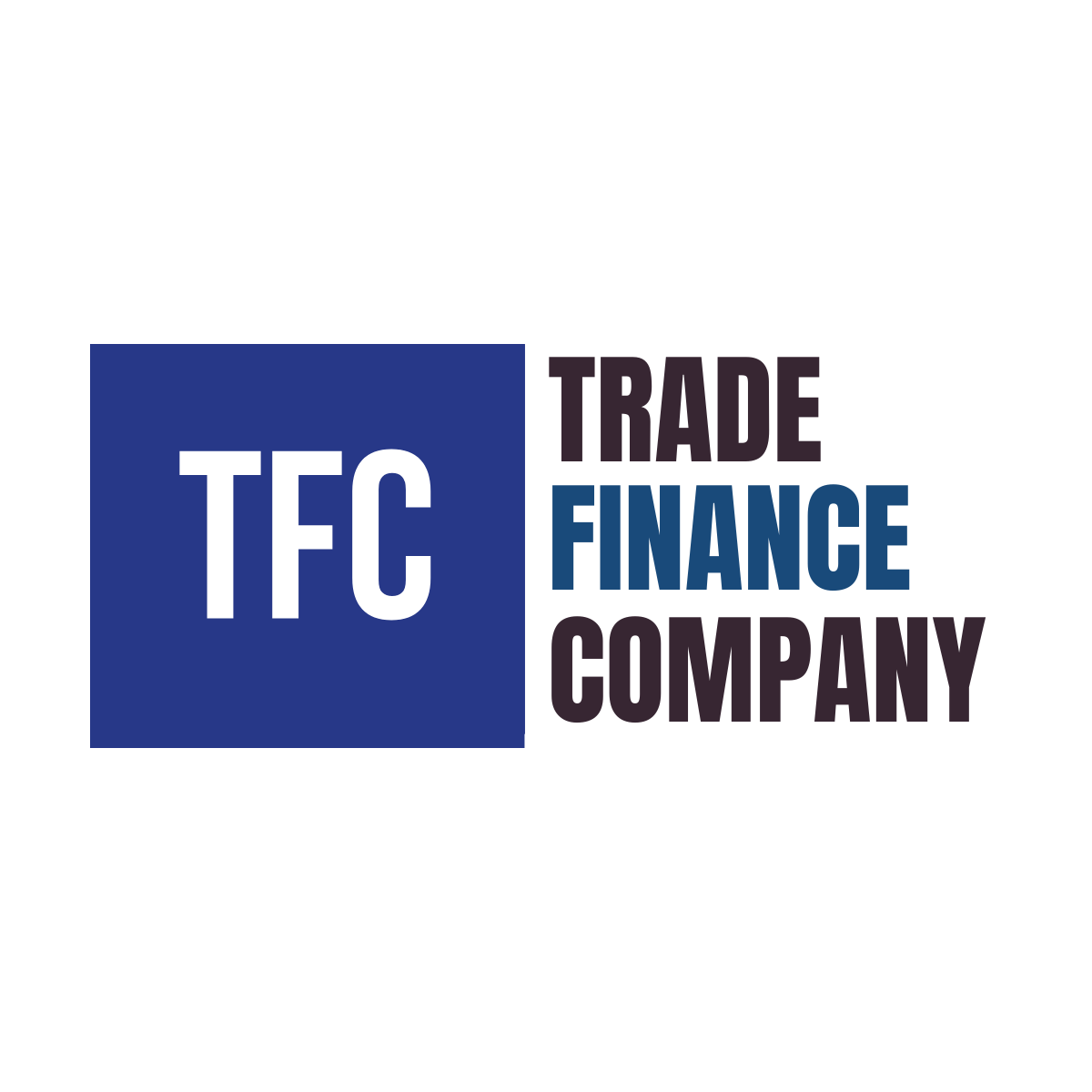Overview of Key Players in Trade Finance: Banks, Financial Institutions, Exporters, and Importers
Trade finance transactions rely on the collaboration of key players—banks, financial institutions, exporters, and importers—to facilitate smooth cross-border trade. Each party plays a unique role, ensuring the movement of goods, payments, and documents through secure and timely processes. Understanding how these players interact is essential for anyone engaged in international trade.
On this article, you’ll have a clear grasp of the roles and responsibilities of the main stakeholders in trade finance, empowering you to streamline your trade operations and forge better business relationships.
Imagine shipping your goods halfway across the world, only to realize that the payment terms weren’t properly secured. Or picture being an importer anxiously waiting for your goods to arrive while worrying about whether the supplier fulfilled the terms correctly. These are just a few of the many stress points in global trade, and that’s where key players—banks, financial institutions, exporters, and importers—come into play. Each of these entities has a critical role in ensuring that deals are secure, payments are guaranteed, and goods are delivered on time. The more you understand how they work together, the better prepared you are to manage risks and seize opportunities in international trade.

As trade expert Richard Malone explains,
“Trade finance is like a symphony—each player, from banks to importers, has a part to play. If one instrument is out of tune, the entire performance can be at risk.”

Keep reading and you will learn the essential roles and interactions of the key players, how they can mitigate trade risks, and practical ways to improve collaboration between these stakeholders for smooth international transactions.
Exporters: When exporting goods, it’s essential to negotiate secure payment terms using instruments like Letters of Credit (LCs) or Standby Letters of Credit (SBLCs). These tools guarantee payment upon meeting agreed conditions, reducing the risk of non-payment from buyers. By securing payment through these methods, exporters can focus on fulfilling orders without worrying about financial uncertainties.
Importers: While it’s important to develop trust with suppliers, importers should protect their interests by insisting on performance guarantees such as Advance Payment Guarantees. These guarantees ensure that if a supplier fails to deliver as promised, the importer can recover the advance payment. This not only minimizes financial risk but also motivates suppliers to meet their commitments on time.
Banks: Choosing a bank with a global presence is crucial when dealing with trade finance instruments, as it ensures smooth communication via the SWIFT network. A reputable international bank facilitates seamless cross-border transactions and provides access to essential financial instruments. This global reach also enhances the credibility of the trade instruments you use in foreign markets.
Financial Institutions: Financial institutions can mitigate counterparty risks by using trade credit insurance, which provides coverage if a buyer fails to pay. Additionally, trade credit insurance supports better working capital management by freeing up cash that would otherwise be tied to unpaid invoices. This financial security allows businesses to operate smoothly and invest in growth opportunities.
All Players: Open communication between exporters, importers, and financial institutions is essential to minimize misunderstandings and disputes during trade transactions. Transparent dialogue helps all parties align on documentation, payment schedules, and compliance requirements. Strong communication fosters trust, making it easier to resolve issues and ensure transactions are completed smoothly.



